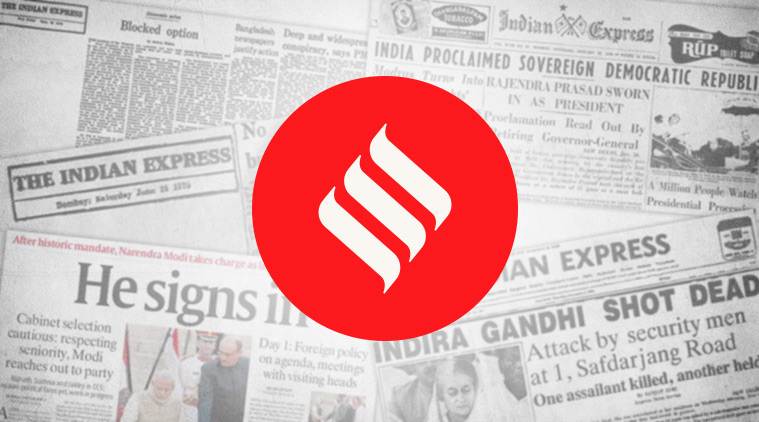
An innocent eight-year-old minor girl has been kidnapped, wrongfully confined, drugged, raped and ultimately murdered. The perpetrators of this crime have acted in such a manner as if there is a ‘law of jungle’ in society,” Pathankot Sessions Court Judge Tejwinder Singh said on Monday, marking a closure of sorts to a case that had stunned the nation about 17 months ago.
The heinous crime was committed in Kathua in Jammu and Kashmir. But the Supreme Court (SC) had to step in and transfer the trial from the Kathua District Court to a court in neighbouring Punjab after a series of unprecedented developments — lawyers obstructed the filing of the chargesheet and cast communal slurs on the investigating team, protests were held in support of the accused and two BJP ministers in the then PDP-BJP coalition government in J&K demanded a CBI investigation.
The apex court, aptly, refused to accede to the demand for such a probe. Doing so would have undermined the sanctity of due process and, more dangerously, amounted to accepting the argument that the investigating officers were influenced by religious considerations.
The victim, from the nomadic Bakarwal community, had gone missing on January 10, last year. An FIR was registered two days later, following a complaint by her father. But by all accounts, the probe was taken up in right earnest 10 days later, after the case was handed over to the J&K crime branch. This investigating team had to work against difficult odds, and in a challenging milieu.
The accused had reportedly destroyed crucial evidence. More worryingly, the communalisation of the sordid incident by pro-Hindutva elements aggravated the polarisation in Jammu between Hindus and Muslims, and threatened to widen the faultline between Jammu and Kashmir regions.
Since May last year, the in-camera trial was conducted on a daily basis. The J&K government had opposed the transfer of the case, but the SC’s stand was actually a vote of confidence for the state’s crime branch that was put under duress by the communal taints. The sessions court has sentenced three of the accused to life imprisonment and three policemen to five years in prison for destruction of evidence.
The verdict — and the investigation process — is a reassurance that the country’s criminal justice system can hold its own in a communally-charged and politically-fraught moment.